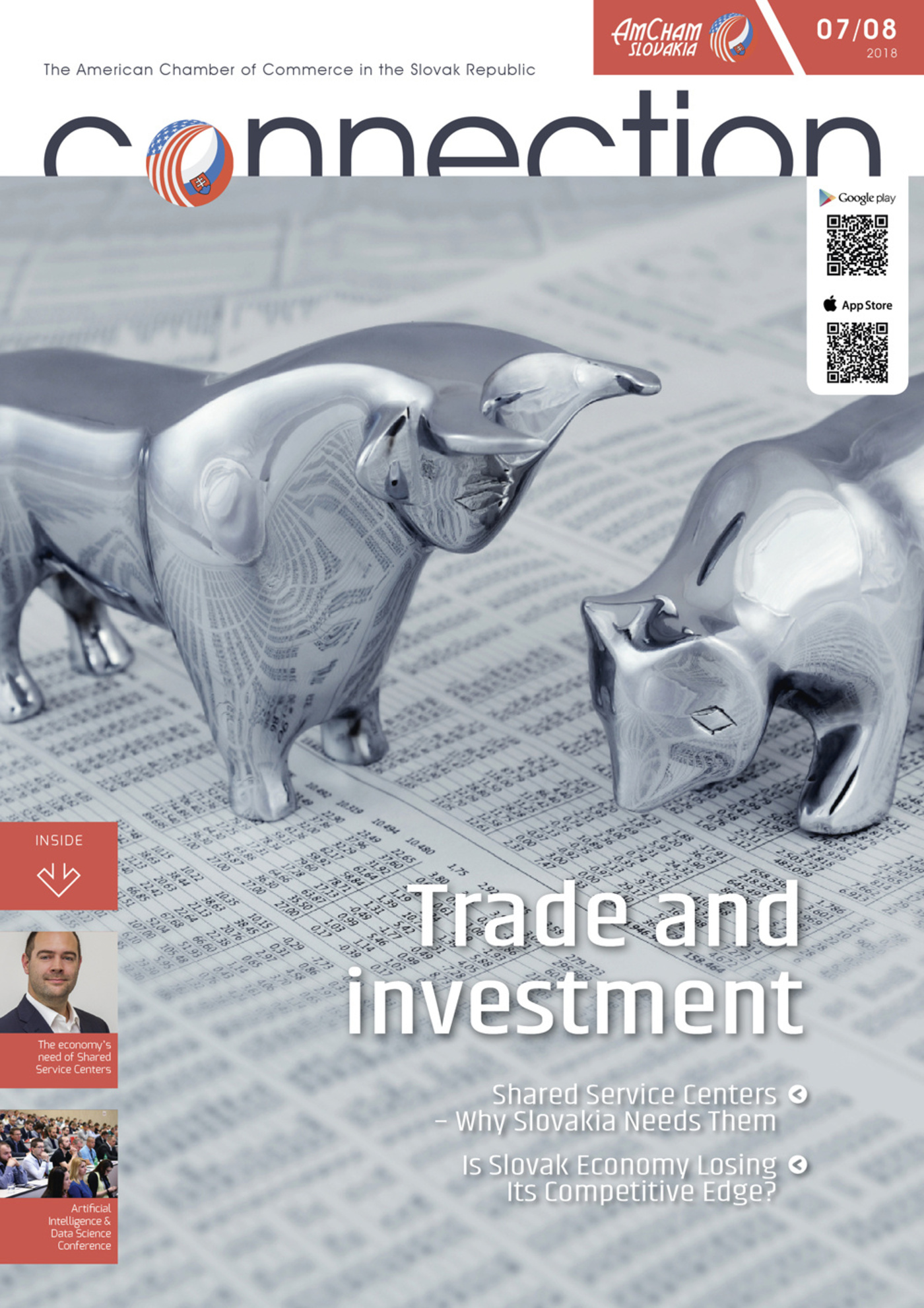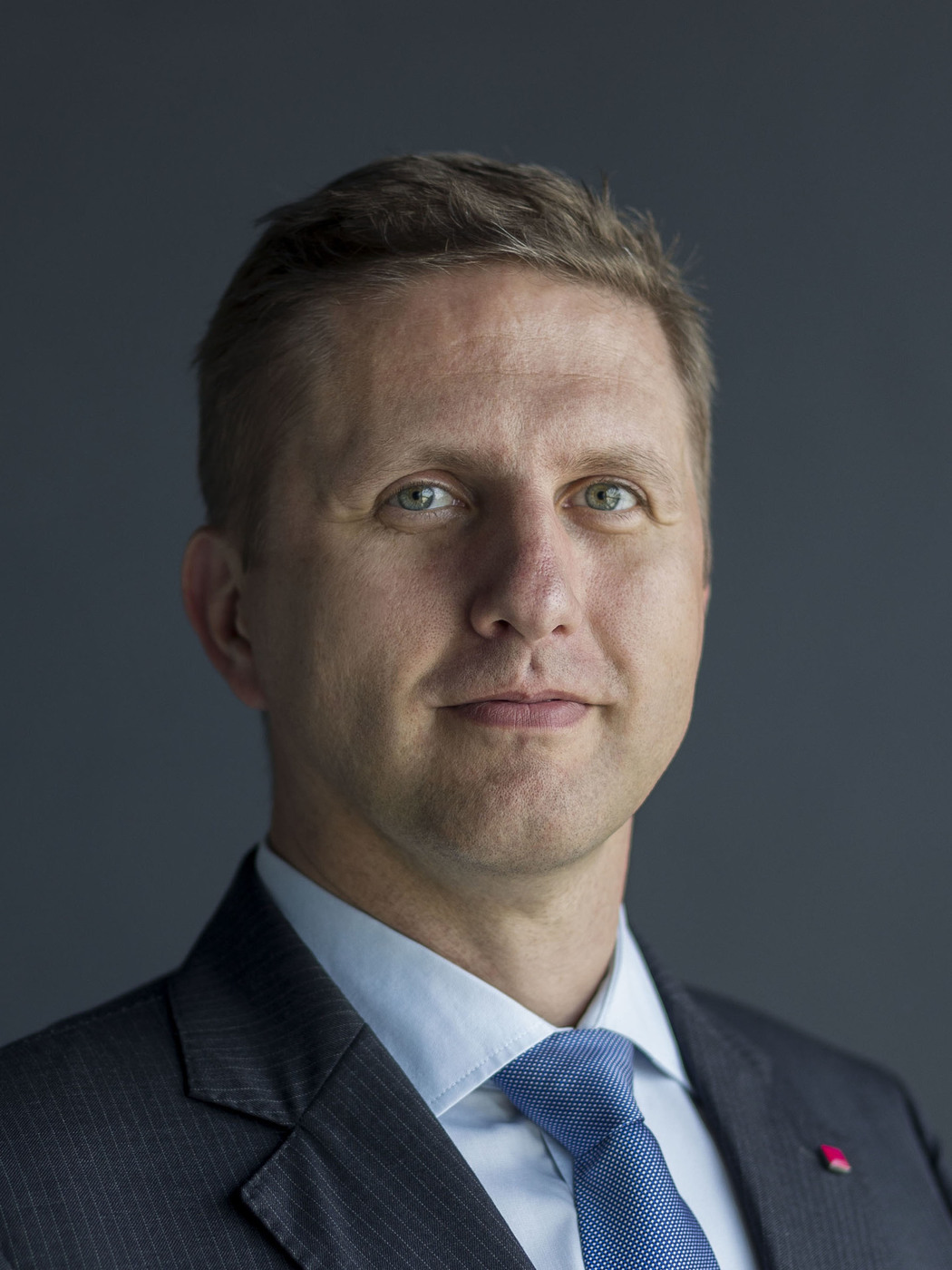Today, 65 SSCs in Slovakia employ more than 35 000 people and it is of great importance to the Slovak economy that this business model has spread from its stronghold in Bratislava to other Slovak regions. Whilst SSCs in the western regions focus more on financial, HR and other business services, the east is complementing business services with a big footprint in IT services.
When, for example, Deutsche Telekom rolls out a new product at its new-generation data center in Houston, Frankfurt or Singapore, they call on experts from its SSC, T-Systems Slovakia in Košice. Today, this is normal, but only 15 years ago it would have seemed very unlikely. Then the eastern region employed around 1 000 IT experts, in small-scale operations at local factories. By 2017, the region employed around 11 000 and a further 2-3 000 freelance experts delivering a range of IT, business and software services worldwide. The average added value of SSCs from eastern Slovakia exceeds 80% – annually, it exceeds half a billion euros contributed to the regional GDP (directly €400 mil in added value and a further €180 mil. due to sourcing suppliers regionally).
The evolution of SSCs is important and not only due to the quantifiable numbers, i.e. the number of employees and financial performance. Employees’ personal stories about career jumps and the global successes of their projects make this clear. They show that the SSC industry is maturing and evolving from its initial focus on routine transactions to sophisticated delivery and responsibility for business or IT services. Many SSCs seek to go beyond the second stage, to the creation of value for their parent company’s core business, service or product innovation and development.
Is this transition to higher-value roles at Slovak SSCs real, or is it just a marketing fad to boost the image of SSCs in the labor market? There are many myths about SSCs – from the jokes about mindless clickers, to a lack of creativity, to limited career prospects. These are of course myths, but let’s look at what the insiders have to say. Jakub Horbaj relates how he passed bootcamp training and started six years ago as a systems administrator: “I started with a simple job like many others, but I was curious about the business. Moving from one SSC in Slovakia to another in Czech Republic was not enough and I could not get a full picture.” Jakub’s ambition exceeded the possibilities offered by the region: “I moved to Finland. Spending a few years there was great; however, I heard how the situation in Košice had changed, so I came back. Now, I am a Business Development Manager – creating opportunities for others.” And what keeps him in Košice? “Most importantly, new projects with innovations and creativity…”
However, one swallow does not make a summer and there are many SSC jobs like Jakub’s. A quick research into eastern Slovakia’s SSCs in their regional cluster – the Košice IT Valley – reveals they are seeing a 10–15% increase in jobs with global responsibility for a high-profile service, product or customer. What does ‘globally responsible’ mean for Ondrej Vereb, a lead architect at a SSC?: “First, it’s about reputation,” emphasized Ondrej, “I have the power to create a kind of quality trademark for me, my team, the company and the region. This is not a one-man show, I have to gain trust from my team, and they must want to develop personal skills…only a strong, knowledgeable team can make a difference in the global IT market, when you are from an unknown place in a small country.”
How will the SSC sector in Slovakia evolve? There are lessons we can learn from established industries – simpler, transactional jobs will slowly disappear, but not necessarily to cheaper countries in Asia. Geography and cultural proximity still play an important role in the SSC business. The axe looming above SSCs is automation – robotic process execution, artificial intelligence, zero-touch and customer self-service will all have the same impact – a reduction of simpler jobs at SSCs over the next two to three years.
Will automation lead SSCs to a similar fate as we saw in the once-powerful TV industry in Slovakia? A rapid fall from market leadership and a slow decline? SSCs have an ace up their sleeve to achieve a brighter future than experienced by TV manufacturers: the competences of their employees. If we add customer business insight to employees’ hard skills, automation could boost demand for their services and increase employee numbers. The future will no longer be about delivering a service cheaper. In commodity markets, customers no longer react to minute variances in prices. What will count is the skills to consult with the customer, to tailor a migration or innovation project to its particular business needs, and to guide the customer through the digitalization maze.
Are SSCs from Košice’s IT Valley up to this challenge? They have aspirations, but they need to quickly bring this aspiration to the labor market and create a value proposition for prospective employees, so that they can strengthen their skills prior to joining SSCs. The challenge the SSC industry faces is to upgrades its talent management model – shifting from junior generalists to versatilists capable of starting their careers in mid-level or senior positions.
Martin Džbor, Head of Strategy Development, T-Systems Slovakia s.r.o.



Follow us